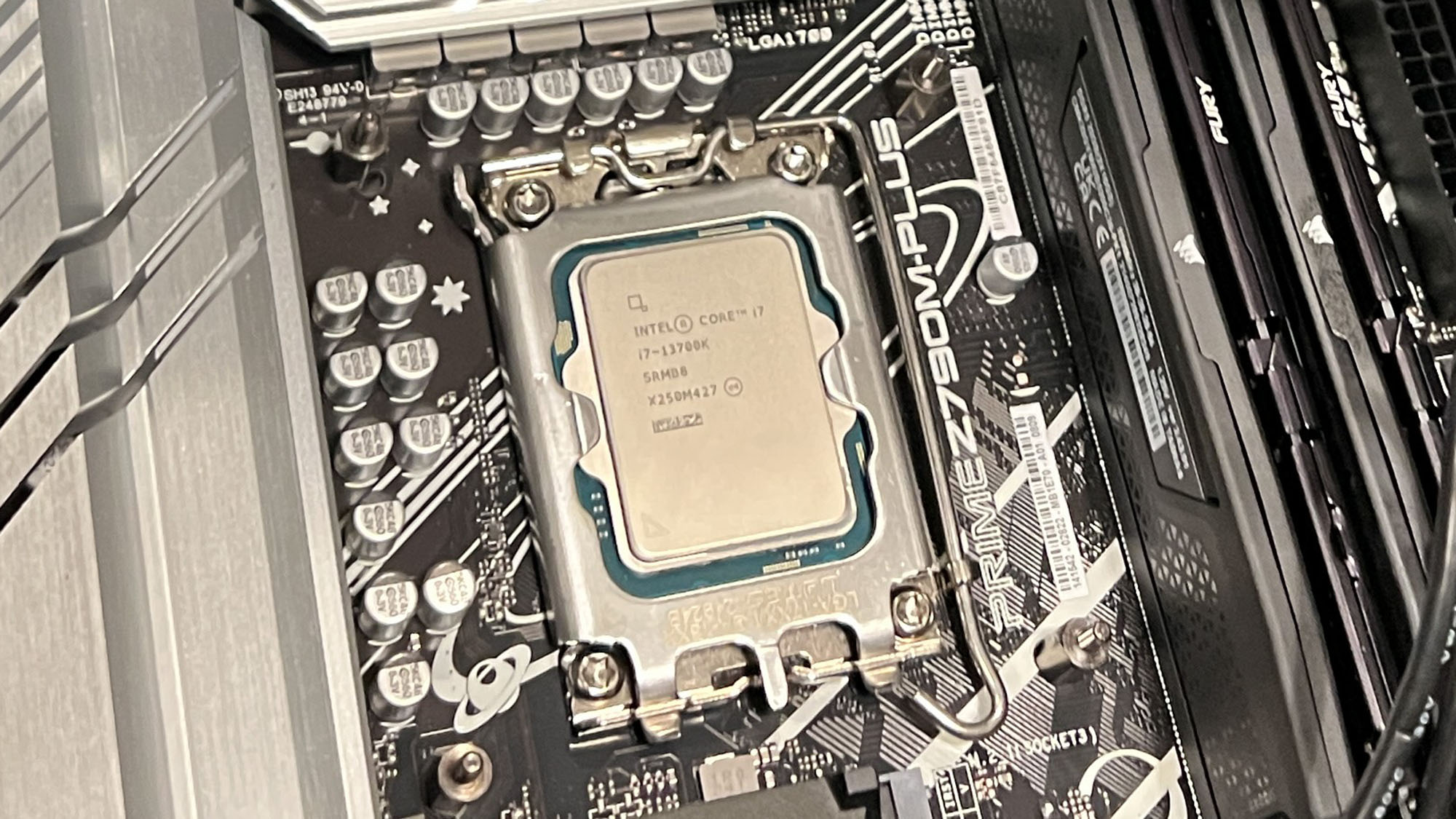Want faster frame rates for free? Intel’s tech to boost game performance is coming to more of its CPUs
APO will benefit 13th-gen and 12th-gen processors, as well as the newest 14th-gen models

Some good news from Intel, as revealed at CES 2024, is that its APO tech will be coming to older CPUs, not just the newest Raptor Lake Refresh chips on our best processors list.
APO or Application Performance Optimization is a tech that optimizes supported games and boosts frame rates, and it was something Intel introduced with its 14th-gen CPUs.
Back at the time, we were told that this tech was for the new processors only, and wouldn’t come to previous generations – but now Intel has revealed it will be brought to some 13th-gen (Raptor Lake) and 12th-gen (Alder Lake) CPUs.
As we remarked at the time, because those previous two generations use the same architecture for their efficiency cores (Gracemont), there’s no technical reason in theory why APO wouldn’t work across all these chips. And indeed that has proved to be the case.
In case you’ve forgotten, here’s a quick refresher on APO: in basic terms it gets more out of the efficiency cores on the CPU (Intel’s hybrid tech splits the cores into performance and efficiency cores, ever since the release of Alder Lake).
Typically, those efficiency cores can run relatively slowly when gaming, and tests we’ve seen with APO and 14th-gen CPUs point to a doubling of speed in some circumstances, giving a nice performance boost.
Sadly, Intel didn’t give us a firm date of when these older processors will get APO support, but presumably it’ll be in the near future (fingers crossed).
Sign up for breaking news, reviews, opinion, top tech deals, and more.
Analysis: Better performance and efficiency to boot
The catch is that the performance cores are still the main engine of an Intel processor that do most of the grunt work when it comes to gaming (or any demanding application for that matter).
However, having efficiency cores, and maybe lots of them, running at say 2GHz instead of 1GHz will make a noticeable difference in certain scenarios. It can mean maybe 10% faster frame rates, or even more (early testing has observed 20% boosts in some cases). On top of this, power efficiency is improved somewhat, too.
So, this is really worthwhile to have for 12th-gen and 13th-gen CPUs, and gamers with these chips will doubtless be pleased. Although do note the other major caveat here which is that the game needs to support APO, and that only certain Raptor Lake and Alder Lake processors will get the benefit (namely unlocked ‘K’ models, the chips that can be overclocked).
How many PC games are supported for APO? Intel says it’s soon to be 14, and as PC Gamer, which spotted this development, points out, that includes the following: Rainbow Six: Siege, Metro Exodus, Guardians of the Galaxy, F1 22, Strange Brigade, World War Z, Dirt 5, and World of Warcraft.
Hopefully we can expect much wider games support down the line, because as noted, the performance boosts are definitely worth having. We won’t get more processor support, though, because hybrid tech (and efficiency cores) didn’t exist before Alder Lake (well, Lakefield aside, but that was a niche thing in the mobile silicon arena).
We’re covering all of the latest CES news from the show as it happens. Stick with us for the big stories on everything from 8K TVs and foldable displays to new phones, laptops, smart home gadgets, and the latest in AI.
And don’t forget to follow us on TikTok for the latest from the CES show floor!
You might also like
Darren is a freelancer writing news and features for TechRadar (and occasionally T3) across a broad range of computing topics including CPUs, GPUs, various other hardware, VPNs, antivirus and more. He has written about tech for the best part of three decades, and writes books in his spare time (his debut novel - 'I Know What You Did Last Supper' - was published by Hachette UK in 2013).